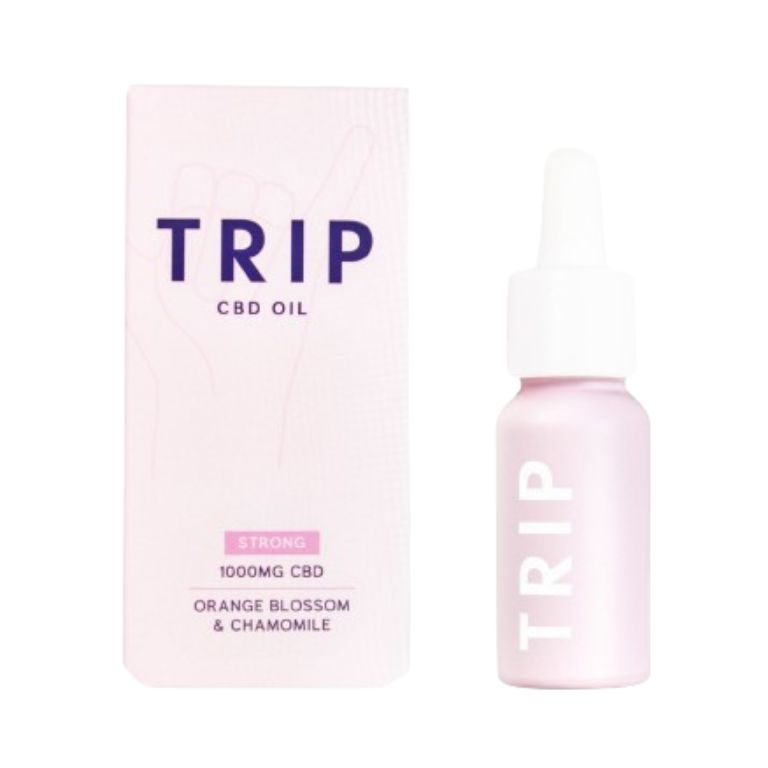How to cure a hangover: 8 of the best ways to get rid of a hangover fast
Want to know the best hangover cure? We've asked the experts to tell us what works...and what doesn't!
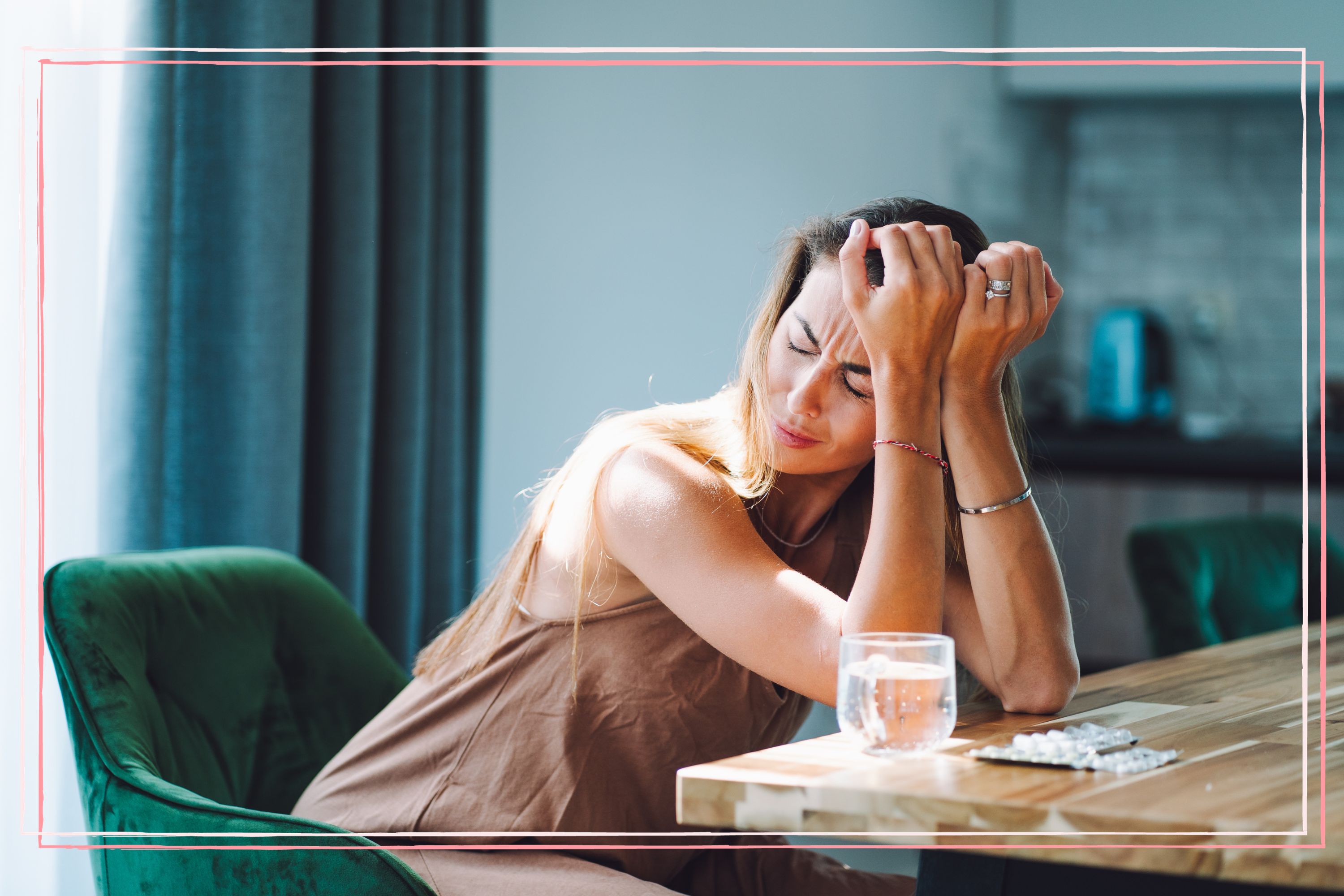

If you’ve just woken up with a banging headache and a nasty taste in your mouth after a night of drinking, you’re probably wondering how to cure a hangover right now.
There's nothing like a heavy night on the booze to make you contemplate giving up alcohol forever, especially when you've (foolishly) forgone the best ways to prevent a hangover and are feeling tired, groggy, and experiencing the less-than-appealing after-effects of alcohol on the skin.
Feeling fuzzy-headed and nauseous is bad enough on its own, but if you've got kids then you'll know there are few things worse than having to function as a parent with a hangover. Children still need feeding, entertaining and generally looking after no matter how much you've had to drink the night before.
That's why we've asked the experts to explain how to cure a hangover, so you can still enjoy a well-deserved night of letting loose, even if you'll be with the kids all of the next day.
How to get rid of a hangover: 8 expert tips
1. Hydration
One of the well known benefits of drinking water is its ability to help cure a hangover. It's well known that alcohol causes dehydration, so it makes sense that drinking plenty of water will help to combat the effects.
“Alcohol is a diuretic,” explains Dr Ross Perry, medical director at Cosmedics. “This means it increases the amount of urine a person passes and the loss of fluid causes you to feel dehydrated. Therefore, you want to knock back plenty of water to feel hydrated again.”
But Dr Perry warns that while this hangover cure with lessen the symptoms such as thirst and a dry mouth, water won't take away your headache or stop you from feeling nauseous.
GoodtoKnow Newsletter
Parenting advice, hot topics, best buys and family finance tips delivered straight to your inbox.
2. Replenish lost nutrients
There's a whole host of foods that cure hangovers thanks to their nutritional goodness. A solid dose of nutrients will help you to feel refreshed after having one too many the night before, as you’re replenishing the electrolytes you lost through drinking.
“It’s widely known that drinking alcohol blocks the production of a hormone that helps your body hold on to water, therefore leading to dehydration and the loss of electrolytes like potassium and sodium,” Dr Ross Perry says.
“Eating foods containing potassium such as bananas, oranges, apricots, grapefruit, honeydew and cantaloupe melon, leafy greens, spinach, broccoli, potatoes, mushroom and peas will help to lessen the hangover and replenish the loss of electrolytes making you feel better quicker.”
Other foods can also work as natural headache remedies, so sipping ginger tea or adding cinnamon to your porridge (if you can stomach it!) can help reduce that throbbing headache too.
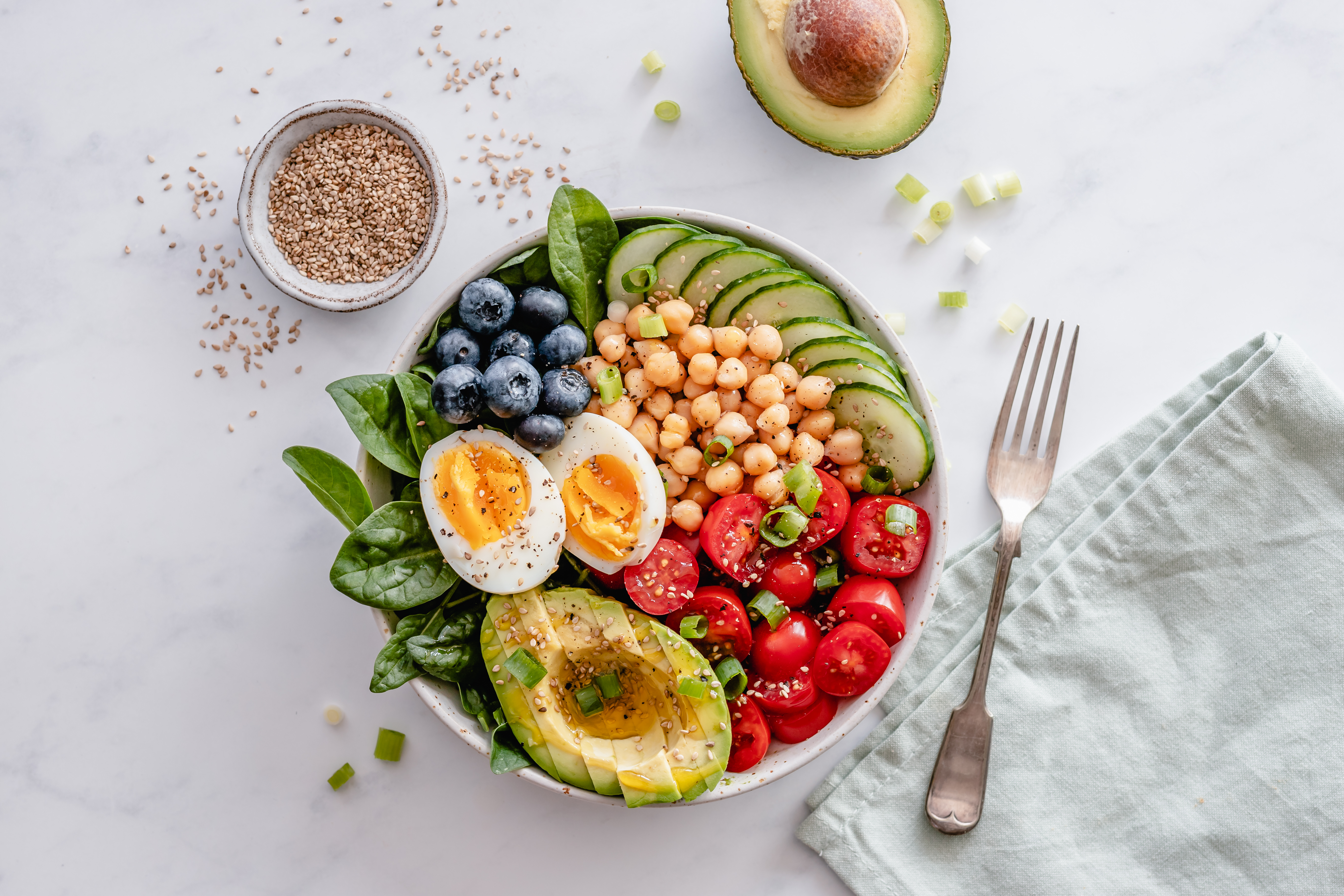
3. Red ginseng
While it’s not something we expect many people to have in the back of their kitchen cupboard, it’s worth adding to the shopping list in preparation for the next time a hangover hits.
Red ginseng is a powerful antioxidant, explains Dr Deborah Lee from Dr Fox Online Pharmacy. In a study published in the Food & Function journal, two groups were randomly assigned to drink either red ginseng after 100ml of whiskey or 100ml of water. The results showed that the blood alcohol concentration level was significantly lower in the group that drank red ginseng.
“There was also a positive effect on hangover symptoms in the RGD group.” Dr Lee says, “One of the reasons red ginseng may be effective as a hangover remedy is that it acts as a powerful antioxidant, and neutralises free radicals."
Free radicals are atoms that damage cells. Dr Lee tells us that they are produced as a result of oxidation, which is how the body metabolises alcohol.
4. Ditch the coffee
If you wake up feeling groggy after a night of drinking then you might think a coffee is the solution, but it might do more harm than good.
“Coffee is a popular remedy to sober up and give energy after drinking, but it can contribute to dehydration.” Nutritionist Shona Wilkinson warns, adding that coffee is a diuretic - much like alcohol itself. “And avoid smoking, as the chemicals in cigarettes can increase feelings of nausea,” she adds
Instead, if you want a hit of energy, opt for a sports drink like Lucozade or Gatorade, which will restore electrolytes while keeping your energy levels up thanks to the sugar.
5. Apple cider vinegar
This cure-all remedy has many uses and health benefits, and Dr Ross Perry assures us it’s a winner for a hangover too.
“Apple cider vinegar can help to restore your body’s PH level which becomes more acidic after drinking alcohol.” He explains, “And therefore helps to bring your PH back to a more normal level.”
And while it does have a somewhat diuretic effect, it “can help with morning after fluid retention and is great at restoring blood sugars. These sugars can be lost after a night out drinking, which leaves you tired and lethargic.”
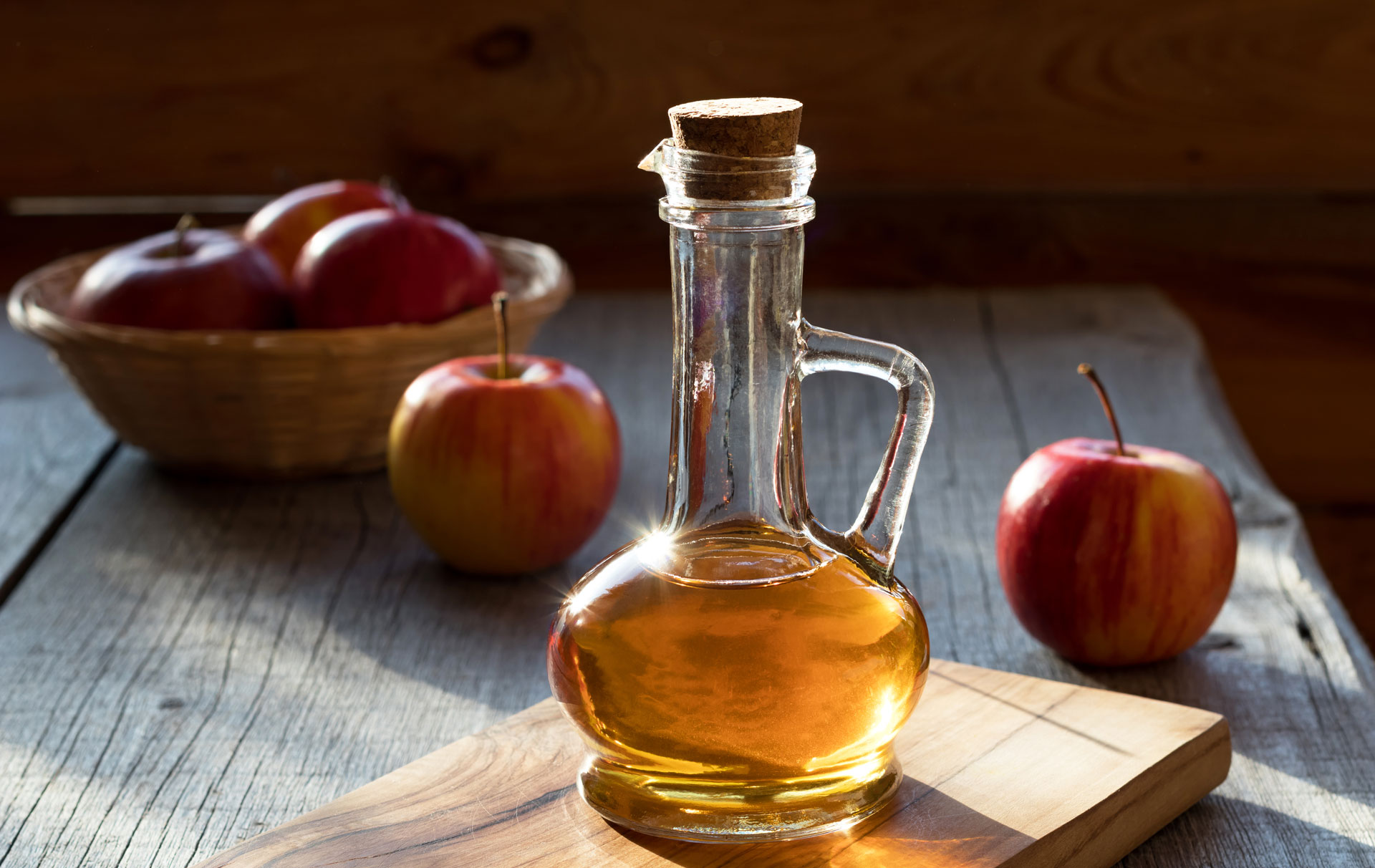
6. Have a better breakfast
A big fry up always seems like the best thing you could eat when you’re hungover, but it can actually make you feel worse - very quickly.
“The reality is that a fry up or a takeaway is often quite greasy and won’t absorb the alcohol.” Dr Perry says, “The overall effect can actually lead to a bit of an icky tummy, which we often associate with the alcohol but actually may be a combination of the food and alcohol combined.”
Instead, go for a breakfast of poached eggs with roasted tomatoes and wholemeal toast, suggests medical nutritionist Dr Naomi Newman-Beinart. “Eggs contain the amino acid cysteine, which can help to break down acetaldehyde [an element of alcohol that contributes to a hangover].
“If you can’t handle that, then pick a banana. Bananas contain potassium, a mineral that is lost when you drink alcohol and contributes to symptoms of dehydration."
7. Get some fresh air
If you’re feeling tired or really struggling with a hangover, the idea of leaving the house isn’t going to be a pleasant one. But, according to Dr Perry, “getting fresh air is in theory a good idea following a hangover - but I’d suggest going for a walk rather than just sitting down and breathing in fresh air.”
He adds, “Keep it gentle as alcohol is a diuretic, meaning that the following morning [after drinking], your body is dehydrated. Hitting the gym hard and sweating lots isn’t advised as you can end up losing even more fluids."
Going on a gentle walk will help maintain blood flow through the body, which is essential for delivering oxygen and nutrients to the muscles, Dr Perry tells us.
“Of course, just getting some fresh air is a good idea as the more oxygen you breathe in will help to start to flush out those nasty toxins from the night before and make you feel less tired" he adds.
8. CBD
The CBD surge has well and truly taken over, but it’s normally something we associate with natural anxiety remedies and skincare rather than a way to cure a hangover.
“CBD reduces headaches and migraines by integrating with the body's endocannabinoid system," says nutritional therapist and eating psychology coach, Claudia le Feuvre. "Alcohol use throws the ECS out of balance, and CBD can help it restore its balance.”
Claudia adds, “Nausea and vomiting are the hallmarks of a bad hangover, but CBD is an anti-emetic, via its interaction with serotonin receptors. This means it can help reduce feelings of nausea, and the vomiting response as well.
“Anxiety and depression are also side effects of a hangover. As the brain attempts to re-establish equilibrium, its neurotransmitters are still seeking balance. CBD helps to balance the brains messengers (neurotransmitters), and therefore the mental instability on the back of a hangover.”
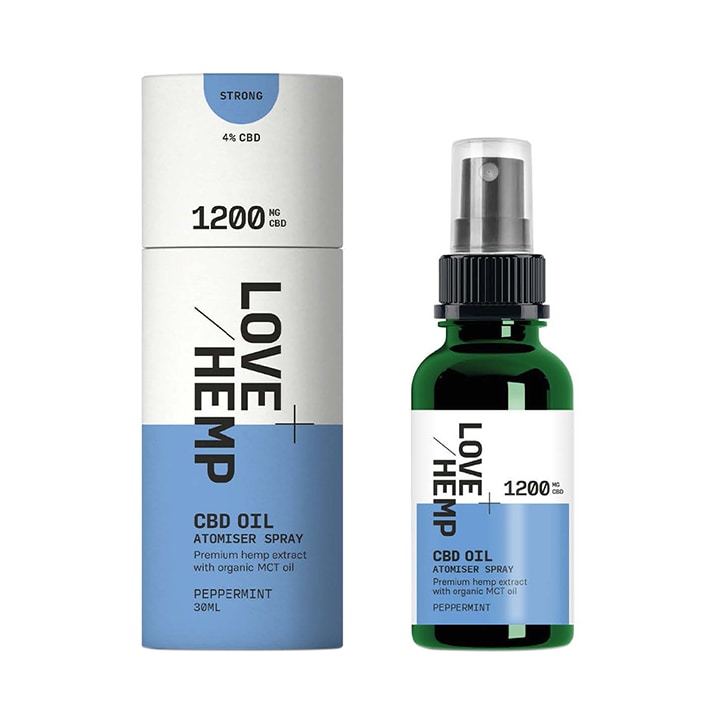
The CBD hemp extract in this product is certified 100% THC free and it contains all natural flavourings. Featuring a convenient spray cap in place of a dropper, simply spray under the tongue and hold for 1-2 minutes before swallowing.
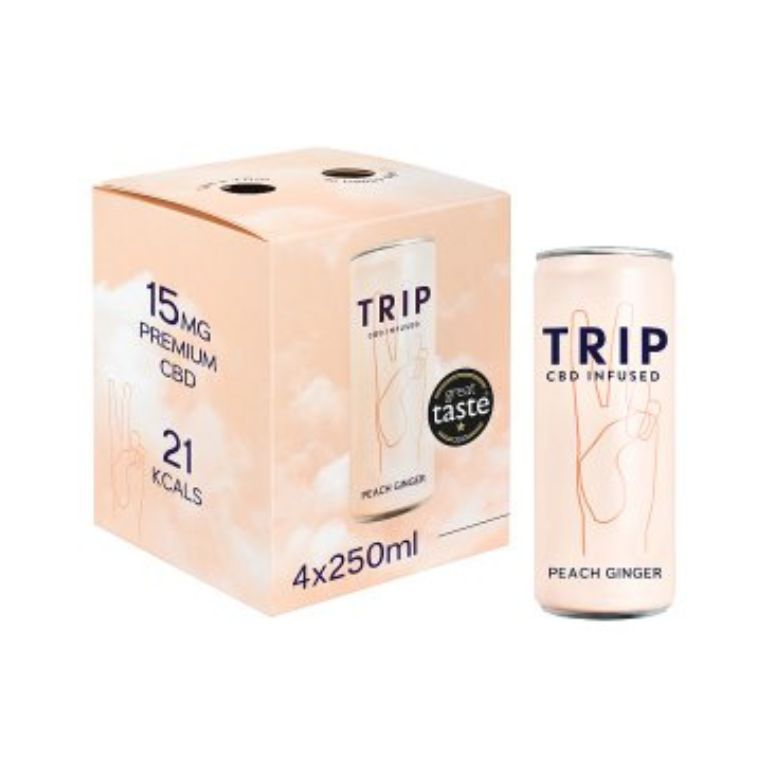
This lightly sparkling, CBD-infused peach and ginger drink is powered by natural botanicals with no added sugar. The box of four from Waitrose is best enjoyed cool - try it in the morning to help find some calm before a long day, or take a TRIP to unwind when work is over.
How do you cure a hangover fast?
- Drink something with electrolytes added in, such as Lucozade
- Eat a good breakfast, packed with protein and vitamin C
- Go for a gentle walk to get some fresh air
- Take Ibuprofen to minimise swelling and reduce headaches
- Have a nap, only for 20-40 minutes though
These are all proven methods for easing the symptoms of a hangover. Unfortunately, it’s not really possible to entirely cure one.
“In the past, research into a range of possible hangover cures has concluded that the existing treatment options have only minimal effectiveness in relieving certain specific hangover symptoms.” Dr Deborah Lee tells us, “Sadly, however, none of the hangover cures investigated improved the full range of hangover symptoms."
How long does a hangover last?
While it depends person to person, the standard hangover can last up to 72 hours, according to research from John Hopkins University.
For most people, the effects of over-drinking last for a significantly shorter amount of time - normally just 24 hours. It's all related to how much alcohol was consumed and how many preventative measures were taken to avoid dehydration. Ethnicity, gender, the health of your liver, what medications you're taking and general nutritional status also play a role.
Why do hangovers feel so bad?
Alcohol severely dehydrates you and, as a result, there are unpleasant symptoms like headaches, nausea and stomach pain. But there are some factors that will make one hangover worse than another.
It turns out that as you age, your hangovers (should) get better - rather than worse. One 2014 Danish study found that the chance of a severe hangover was significantly lower in older people compared to younger people. “Older people are more experienced drinkers and develop a tolerance to alcohol,” explains Dr Deborah Lee.
As well as how much you drink, what you drink also plays a huge role. “Congeners are substances produced during the alcohol fermentation process that give alcohol its colour, smell and flavour,” and these are more likely to give you a hangover, Dr Lee says. “Dark coloured spirits contain the highest levels of congeners."
Meanwhile, some wines contain sulphites and some people suffer from a sensitivity to sulphites, which gives them a headache after drinking it.
How much water you drink also plays a part. If you don’t drink enough water when you are drinking alcohol, this can lead to dehydration, which worsens hangover symptoms.
And how much food you eat, too. “Drinking with an empty stomach tends to worsen a hangover, says Dr Lee. "This is because alcohol irritates the stomach lining, and if there is food in the stomach, this provides some protection.”
But, unfortunately, it might just be down to genetics. “The fact people seem to vary enormously in terms of severity of hangover symptoms is often due to genetic variability. 45% of the variation in hangover frequency is due to genetic factors,” Dr Lee says.
We spoke to the following experts:

Ross qualified at Guy’s & St Thomas’ Hospital Medical School in 1994 and pursued a surgical career that now comprises NHS skin cancer reconstruction and private cosmetic skin treatments.
He is the Medical Director of Cosmedics Skin Clinics, which he established in 2003.

Having worked for many years in the NHS, mostly as Lead Clinician within an integrated Community Sexual Health Service, Dr Deborah Lee now works as a health and medical writer, with an emphasis on women's health, including medical content for Dr Fox pharmacy. She has published several books and remains passionate about all aspects of medicine and sexual health.
Continue reading
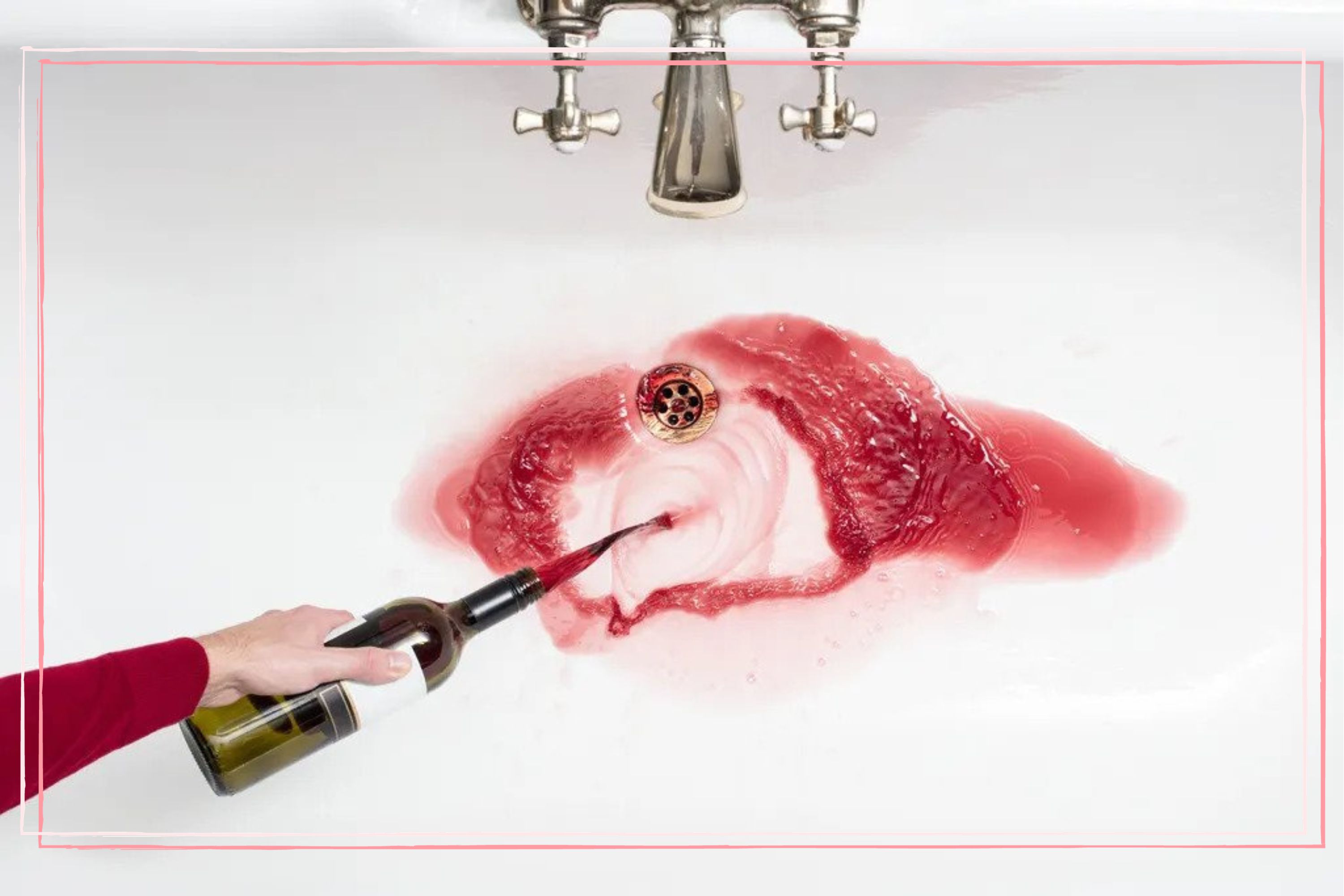
17 benefits of not drinking alcohol - including just how much it affects your sex life - explained by the experts.

I've been sober for a year - these are the best non-alcoholic wines that don't make me feel like I'm missing out.
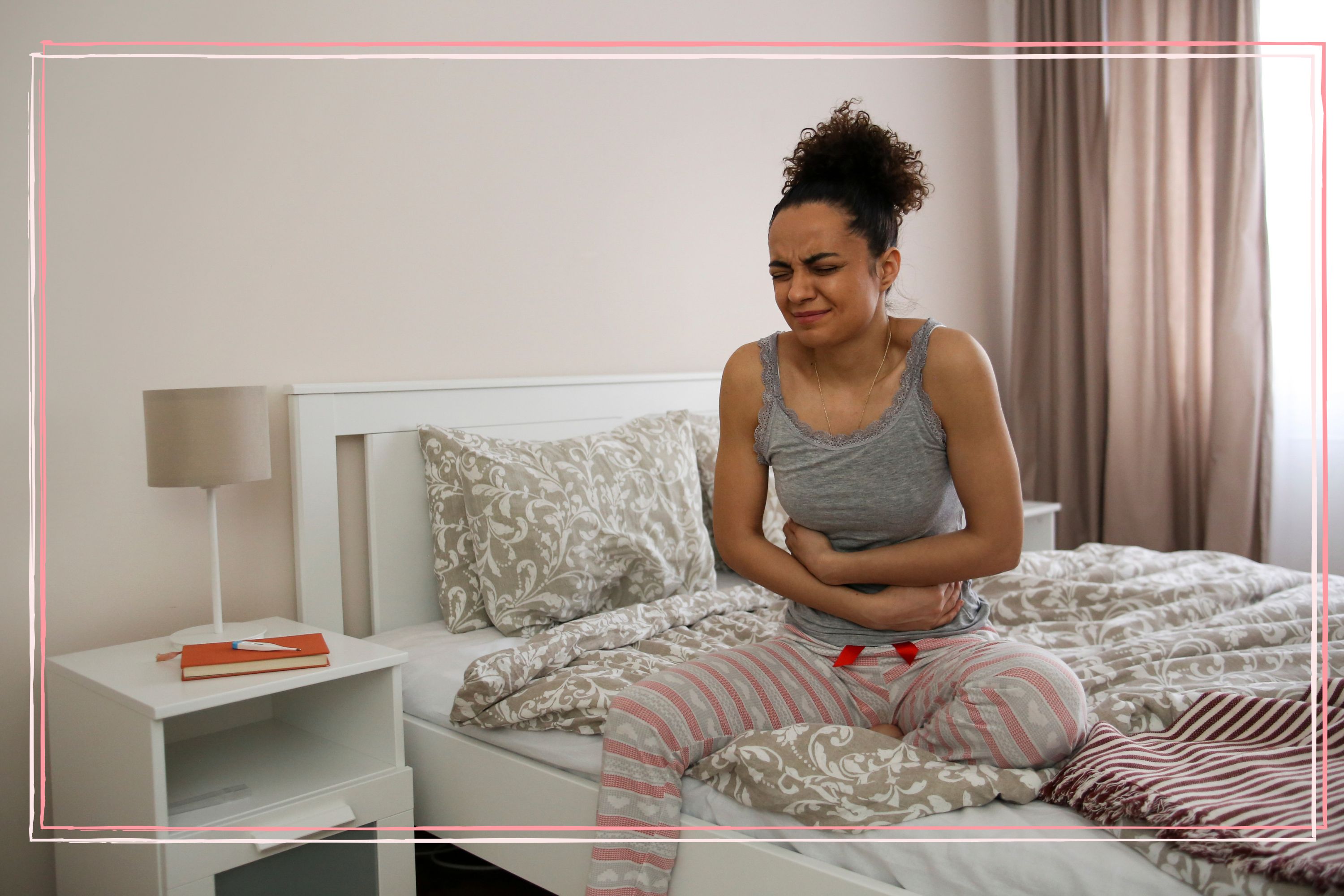
The most common reasons for morning nausea and what you can do to fix it, explains by the experts.

Ellie is GoodtoKnow’s Family News Editor and covers all the latest trends in the parenting world - from relationship advice and baby names to wellbeing and self-care ideas for busy mums. Ellie is also an NCTJ-qualified journalist and has a distinction in MA Magazine Journalism from Nottingham Trent University and a first-class degree in Journalism from Cardiff University. Previously, Ellie has worked with BBC Good Food, The Big Issue, and the Nottingham Post, as well as freelancing as an arts and entertainment writer alongside her studies. When she’s not got her nose in a book, you’ll probably find Ellie jogging around her local park, indulging in an insta-worthy restaurant, or watching Netflix’s newest true crime documentary.
